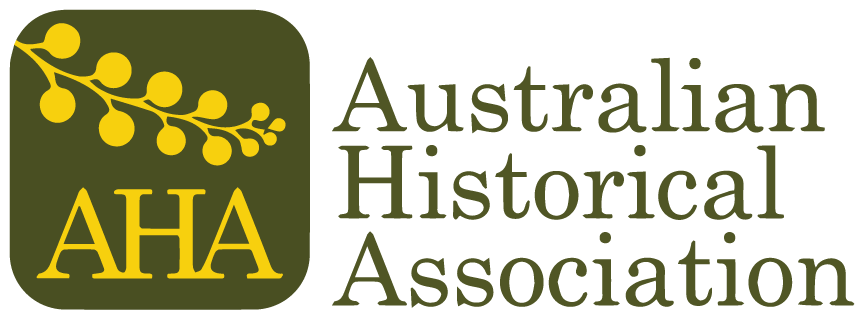Since its creation in 2009, the National Library of Australia’s Trove has reshaped the methods and possibilities of historical research for historians and citizens alike. Trove collects, formats and manages metadata from many sources, offering a single point of access and discovery for this material. It has allowed researchers to accumulate significant datasets and to visualise their findings in new ways. It has also invited new forms of engagement from citizens: more than 50 000 people regularly contribute text corrections to online transcripts of digitized newspapers. Trove is beloved by family and academic historians alike: the site averages more than 70 000 visitors a day.
The 2020 launch of the new Trove portal presents a welcome opportunity to consider the impact of Trove on Australian historical research. How are historians using Trove to undertake new research projects? What possibilities has it enabled? Conversely, are there ways that Trove has detrimentally altered research fields, through the selective availability of records or the wide accessibility of others? How have decisions about what is made available through Trove shaped historical inquiry?
History Australia is seeking contributors to write short (around 1500 word) pieces about the impact of Trove on their research field for a forthcoming special feature, our 2021 Archive Review. To ensure as wide a range of perspectives as possible, the editors request that interested contributors first submit a brief abstract for their proposed piece. Please send your 100 word abstract and title to Michelle.Arrow@mq.edu.au by 30 September 2020.
